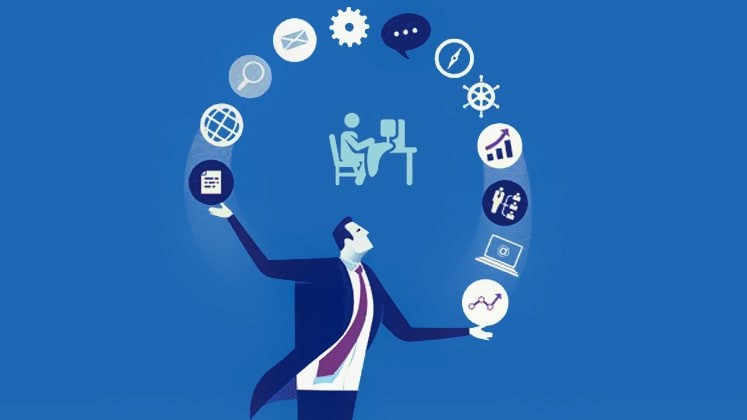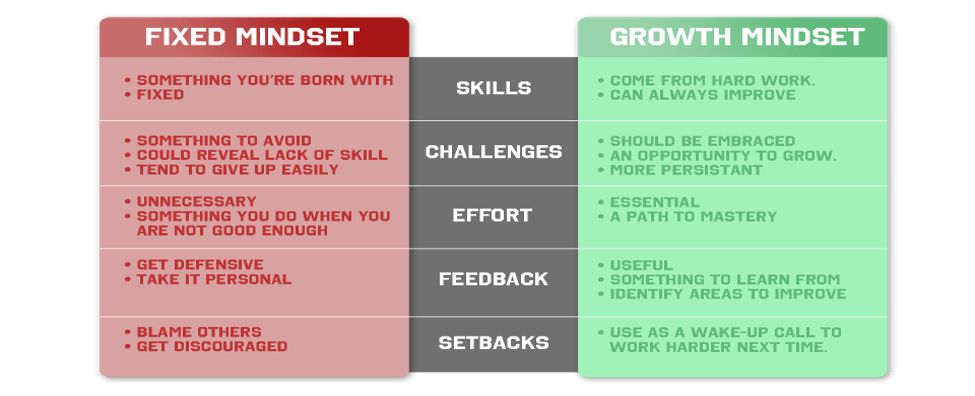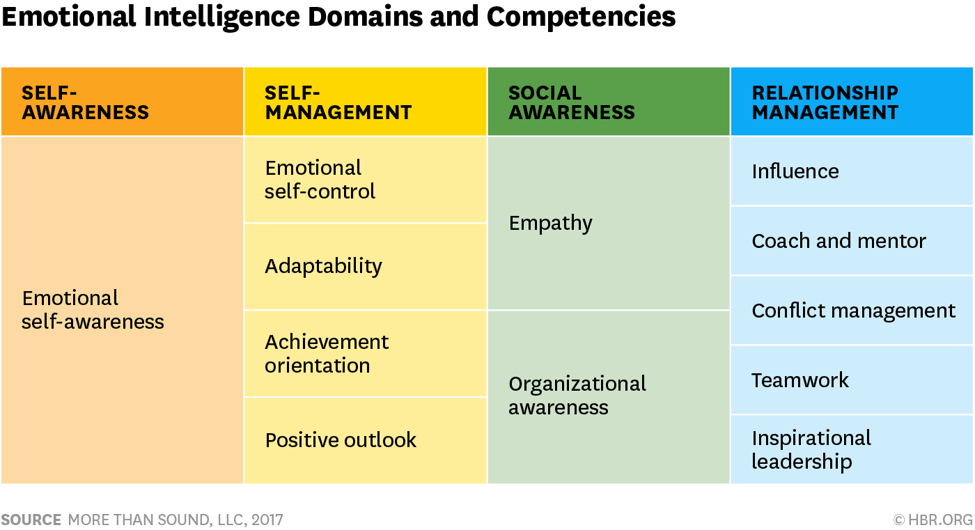
How to kick-start your skills-development Endeavor
During the last couple of weeks, I got queries from so many professionals about an issue that imprisoned them behind. They do not understand how to outclass the inertia to deal with that matter. Interestingly I have been asked by many students about the same issue during the last couple of years. This Frequent questioning enchanted me to write about the matter. That is, how do I start my skills-development initiative?
We are involved with so many to-do lists that make us feel overwhelmed. The problem is we want to have all the solutions at a time. That’s why we are not getting any problem solved. We need to prioritize the skills we should focus on first.
The first skill you should adopt is holding a Growth Mindset. To me, this is the backbone of achieving success. The idea introduced by Stanford University Professor Carol Dweck in her book; Mindset: The new psychology of success. A fixed mindset people believe, his rudimentary potentials, intelligence, talents, and abilities are just fixed traits. On the contrary, growth mindset people believe, talents and skills are not in a fixed amount. We can develop it over time through experience, mentorship, and so on. The question is how can we develop a growth mindset. You can get the idea more clearly from here. For your understanding, here I have added more distinctions from different sources. Here is a worthwhile course from LinkedIn Learning about Cultivating a Growth Mindset.
Second, you should take care of Emotional Intelligence (EQ). It is so crucial that research indicates its accounts for 58% of performance in all types of jobs. The idea brought by Daniel Goleman. To be successful, you must learn to maximize your Emotional Quotient (EQ) Skills. You may grip a brief idea from this article. Or for the systematic development of your EQ, you check the book Emotional Intelligence 2.0. There are several online courses about EQ. Developing your Emotional Intelligence and Leading with Emotional Intelligence are two masterpieces from Gemma Leigh Roberts and Britt Andreatta.
Third, You should focus on Communication Skills. It won’t get solved overnight. For that, we should take care of this skill, along with other skills development initiatives. There are lots of guidelines for solving this problem. One modest suggestion is you need to read a lot (omnivorous reader) and listen a lot. You should read fiction, non-fiction, articles, magazine, etc. One suggestion I must mention here, you should select the see-first option of the renowned knowledge sharing site on your social media. It would help you to keep yourself updated on your interested sectors. For listening, you may listen to webinars, podcasts, and lectures from different sources. You should listen to TED talk regularly.
Fourth, You should take care of Leadership skills. Sometimes I get questions from students that where we can practice our leadership skills as we are not engaging with any job with any organization. My suggestion is leadership practice can be applied anywhere. You can put on leadership at your family, to your friend circle and, even every interaction you maintain with a human being. There are several sources where you can learn about leadership. One of my favorite books is Leaders Eat Last by Simon Sinek. One of his Ted talk Why good leaders make you feel safe is my all-time favorite. Besides, you may check Servant Leadership, Transformational Leadership, and Humble Leadership from LinkedIn Learning.
Fifth, Digital Competency: This is the survival skill in the Fourth Industrial Revolution era. Being digitally competent means using digital technologies in a confident and safe technique for various purposes such as working, getting a job, learning, shopping online, obtaining health information, and entertainment, etc. The idea brought by the European Union through the Digcomp framework. Most of us do not know about our digital competency level. We can measure our competence through the outline. There are five elements of Digcomp information and data literacy, communication and collaboration, digital content creation, safety and, problem-solving. Now our duty is determining the level of competency; Beginner, Intermediate and, Advanced user. The best way to start digital ability is by completing the professional certificate course on Google IT Support Professional Certificate. You may ample a ton of courses from different MOOCs.
Sixth, Data Skills: After having firm confidence in digital competency, then you should spend devoted time to build data skills. Data is the fuel of the twenty-first century. Whatever industry you belong to, having data skills will bring new opportunities. The simple step of starting would be IBM Cognitive Class. For covering Data Science skills, you may complete gradually descriptive, predictive, and prescriptive analytics. I would suggest everyone have one of the free courses from Google Digital garage The fundamentals of Digital Marketing.
Seventh, Business Skills: Once we claimed IT is for CSE graduates, Data is for Statistician, and Business skills are for business students. Now we have discovered that we need to develop multidisciplinary skills. The best way to keep yourself updated about business skills is by reading Harvard Business Review. You may learn various functional courses from LinkedIn Learning. Degrees and certificate courses from Edx, Coursera, and Udemy, and role, region, and industry-based learning from Thriving Skills.
Do not stay indifferent start learning from today. Skills are the new currency. Unless you understand that, you will be obsolete. Whether you are students, job seekers, employees, or even employers, systematical multidisciplinary skills development is mandatory for everyone. I hope this guideline will help you in your skills development endeavor.


